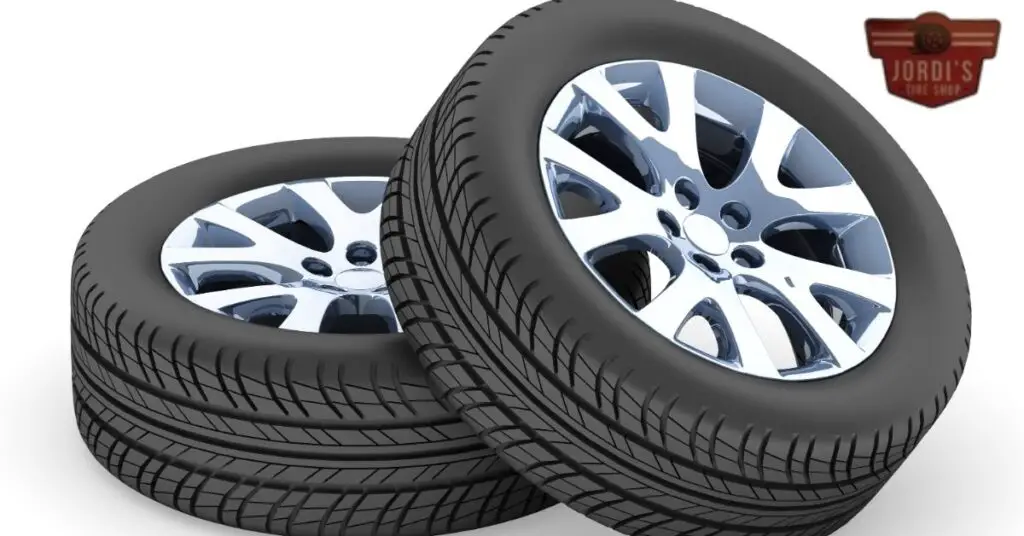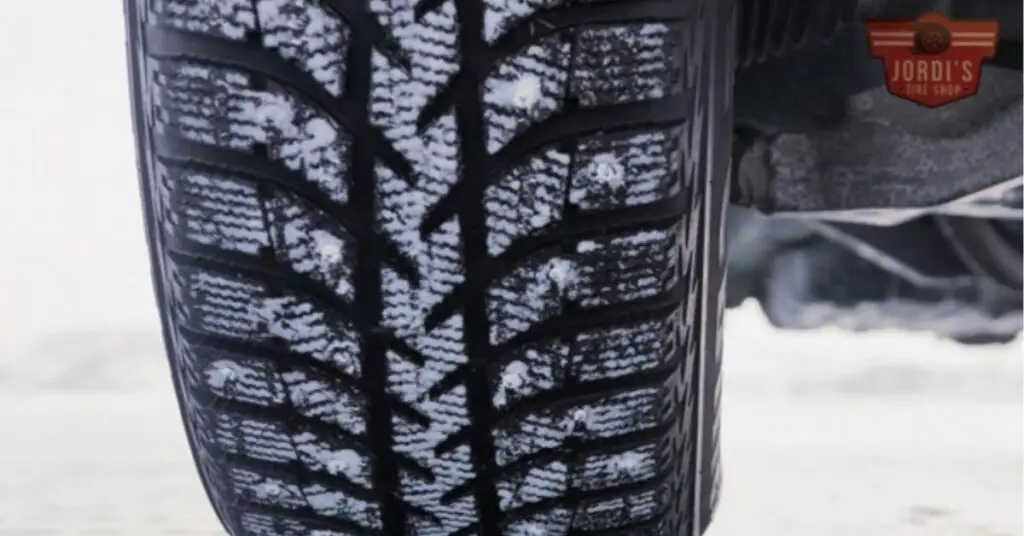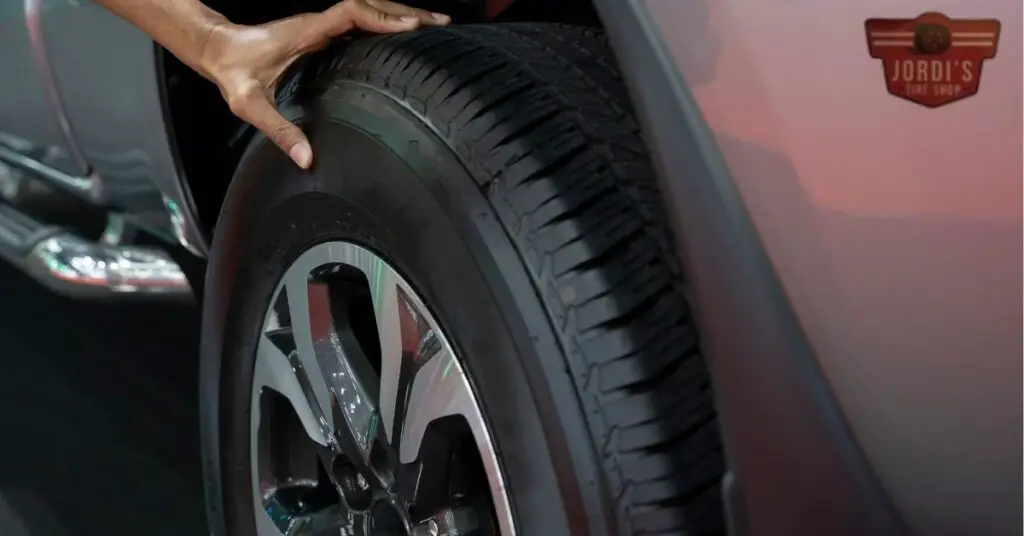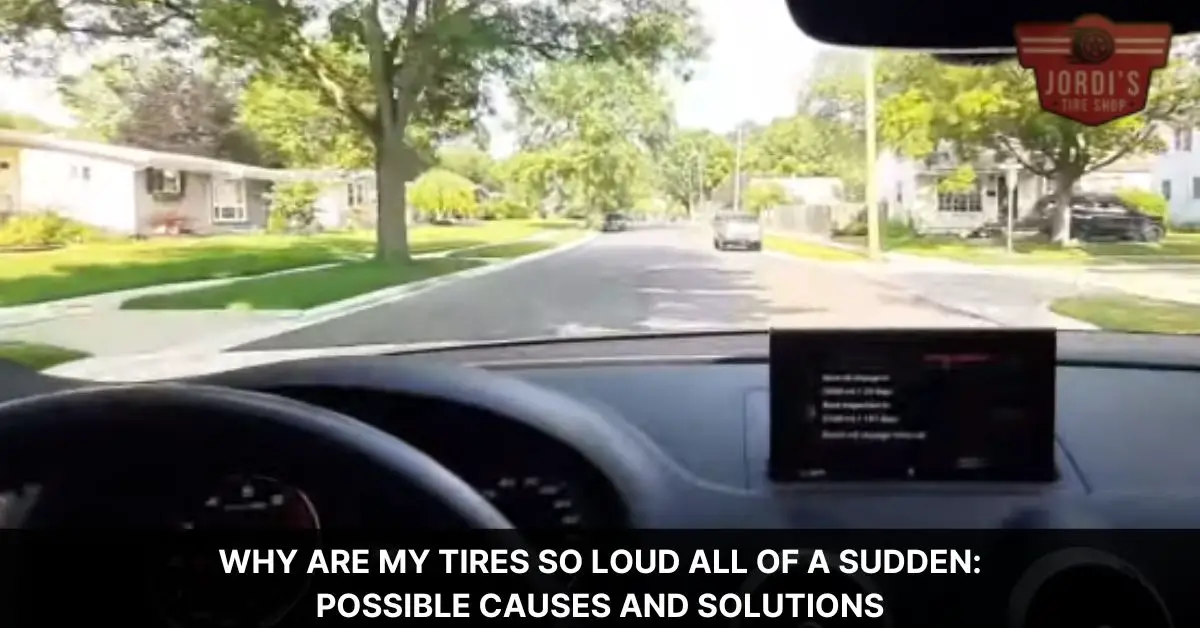Ever found yourself cruising down the highway, enjoying the smooth ride, when suddenly, your car starts humming a not-so-sweet melody? It’s like one day, our tires decide to join a rock band without giving us any heads up. We’ve all been there, squinting our eyes, turning down the music, and asking ourselves, “Why are my tires so loud all of a sudden?”
It’s a common question with a variety of answers that might not be as straightforward as we’d hope. From the type of tire to the road we’re on, several factors can turn our quiet ride into a noisy ordeal. But don’t worry, we’re here to dive into this noisy mystery together and find out what’s really going on with our tires. Let’s embark on this journey to quieter rides, shall we?
Understanding Tire Noise: An Overview

In digging deeper into the mystery of suddenly loud tire noises, it’s important to grasp the fundamentals of tire noise. Essentially, the interaction between our tires and the road surface beneath them generates this sound. Varied types of tires and road textures can significantly affect the noise levels we experience. Here, we’ll explore the key factors contributing to tire noise, offering insight into why our rides might suddenly become noisier.
Tire Tread Design: Tire manufacturers craft tread patterns to offer a balance between grip, longevity, and noise reduction. However, aggressive tread designs aimed at improving traction can also produce louder noise. As tires wear down, the noise can intensify due to the changing dynamics of tread interaction with the road.
Tire Composition: The materials used in tire construction play a critical role in noise generation. Softer compounds can offer a quieter ride by absorbing more vibration, whereas harder compounds might last longer but tend to be noisier.
Air Pressure: Incorrect tire pressure, whether overinflated or underinflated, not only affects the vehicle’s fuel efficiency and tire wear but can also lead to louder road noise. Properly inflated tires maintain an optimal shape, minimizing unnecessary noise.
Road Surface: The type of surface we drive on can drastically change the tire noise we hear. Smooth asphalt provides a quiet drive, whereas rough, uneven, or textured road surfaces like concrete can cause tires to emit a much louder noise.
Wear and Damage: Over time, tires can suffer from uneven wear or sustain damage, leading to increased noise. Issues like misalignment can cause uneven wear, while damage from potholes or debris can create noise-increasing defects in the tire structure.
Understanding these factors, we’re better equipped to analyze why our tires might suddenly sound louder and take steps to mitigate this noise for a quieter, more comfortable ride.
Key Factors That Lead to Sudden Tire Noise

Building on what we’ve already discussed about the common causes of tire noise, let’s delve deeper into why your tires might start making noise all of a sudden. Understanding these key factors helps in diagnosing the issue and finding an effective solution.
Tire Wear and Damage
- Uneven Wear: Tires wearing down unevenly often produce more noise. This happens if the tires haven’t been rotated according to the recommended schedule, leading to certain areas being more worn than others.
- Damage: Cuts, bulges, or objects embedded in the tire can also cause sudden noise by altering the way the tire makes contact with the road.
Air Pressure Changes
- Low Pressure: Tires with low air pressure tend to have more of their surface area touching the road, increasing friction and, consequently, noise.
- High Pressure: Conversely, overinflated tires can result in a smaller contact area, making the tires harder and more prone to producing noise, especially on rough surfaces.
Alignment and Suspension Issues
- Misalignment: Wheels that are not properly aligned can lead to uneven tire wear and increased noise. If your car suddenly starts pulling to one side, it may be time to check the alignment.
- Suspension Problems: Faulty suspension components can also affect how your tires wear and interact with the road, potentially causing noise to increase suddenly.
- Road Texture: A sudden change in the type of road surfaces you’re driving on can make your tires louder. Smooth asphalt provides a quieter ride compared to concrete surfaces or roads with lots of cracks and potholes.
- Seasons: Changing seasons bring about temperature fluctuations that can affect both the road and tire conditions. For example, tires may harden in cold temperatures, leading to more road noise.
Keeping these factors in mind, we can better understand the sudden increase in tire noise and take appropriate steps to mitigate it. Regular maintenance and being mindful of driving conditions go a long way in ensuring a quieter ride.
How to Diagnose Loud Tire Sounds

Diagnosing loud tire sounds begins with a few straightforward steps to pinpoint the cause and determine the solution. We’ll guide you through the process, making it easier to understand what your vehicle is telling you when the tires start to make noise suddenly.
Inspect Tire Condition
First, check the tire’s condition by examining the tread depth and looking for any signs of uneven wear or damage. Tires with shallow tread are more prone to making noise, as are those with irregular wear patterns.
Verify Tire Pressure
Second, make sure to verify the tire pressure against the manufacturer’s recommendations. Incorrect air pressure, either too high or too low, can contribute to excessive tire noise and uneven wear.
Listen for Noise Patterns
Listening closely to the noise pattern while driving can offer clues. For instance, a humming or droning sound might indicate uneven wear or alignment issues, whereas a clicking noise could suggest something is lodged in the tire tread.
Check Alignment and Suspension
If the tires seem in good condition and the pressure is correct, the next step is checking the vehicle’s alignment and suspension components. Misalignment or worn suspension parts can cause uneven tire wear, leading to increased noise.
Evaluate Road Conditions
Lastly, consider the road conditions where the noise occurs. Certain pavement types or road surfaces can make tires louder than usual. If the noise persists across different surfaces, the cause is likely related to the vehicle or tires themselves.
Following these steps, we can better understand the source of sudden tire noises. Regular maintenance and awareness of driving conditions can go a long way in ensuring a quieter ride, addressing any issues before they become more serious.
Preventive Measures and Solutions

Building on our understanding of why tires might start making noise suddenly, let’s dive into some preventive measures and solutions to keep your ride as quiet as possible. Addressing the primary causes of tire noise, from uneven wear to alignment and suspension issues, can significantly enhance your driving experience.
Regular Tire Inspection and Maintenance
First and foremost, regular checks on your tires’ condition are essential. Look for:
- Tread Wear: Uneven tread wear contributes to noise. Rotate your tires according to the manufacturer’s recommendation to ensure even wear.
- Air Pressure: Maintaining the correct tire pressure not only prevents noise but also improves fuel efficiency and tire lifespan.
Alignment and Suspension Check
Ensuring your car’s alignment and suspension are in good condition is crucial. Misalignment or suspension problems can lead to uneven tire wear and, subsequently, increased noise. Schedule regular alignment checks and suspension inspections to avoid these issues.
Choosing the Right Tires
When it’s time for new tires, consider:
- Tire Type: Some tires are specifically designed to reduce noise. Look for tires with noise-reduction technology.
- Tire Size and Design: Sometimes switching to a different size or design can decrease road noise. Consult with a tire professional to find the best option for your vehicle.
Adjust Driving Habits
Our driving habits can directly influence tire wear and noise. For quieter tires:
- Avoid aggressive driving. Sudden starts and stops can cause rapid tire wear.
- Drive at moderate speeds. High speeds can increase tire noise.
Following these steps, you can significantly reduce the likelihood of encountering sudden loud tire noises, ensuring a quieter, more enjoyable driving experience. Regular maintenance and awareness of your driving conditions are key to preventing unexpected tire noise.
Conclusion
We’ve covered a lot about why tires might start making noise all of a sudden and how to tackle this issue head-on. Remember it’s all about staying vigilant with our tire care routine and being mindful of how we drive. By keeping up with regular inspections and maintenance while paying attention to the types of roads we frequent, we can significantly reduce the chances of our tires causing a ruckus. Let’s not forget the importance of choosing the right tires for our vehicles and driving needs. It’s these small steps that make a big difference in ensuring a smoother and quieter ride. So let’s hit the road with confidence knowing we’ve got the knowledge to keep our tires rolling quietly.
Related Posts:

